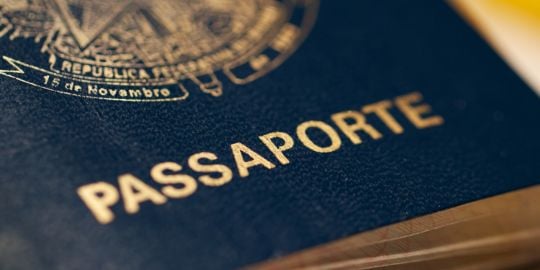.... since Brazil last month became a member (a bit late) of the 1961 Hague Convention. You can verify that Brazil's membership entered into force on August 14, 2016 on The Hague's official web site here:
https://www.hcch.net/en/instruments/con … le/?cid=41
As a result, for most overseas documents to be recognized in Brazil, all one apparently needs is a notarized document authenticated by an 'Apostille' (usually issued by a state notary authentication office) - the Brazil 'middleman' is thus cut out, significantly reducing time and effort for expats.
However, you should definitely still check out the website of the overseas consulate you are concerned with for the gory details, from their points of view. For example, you can check out New York's here:
http://novayork.itamaraty.gov.br/en-us/ … cation.xml
Likewise, the US no longer requires Brazil documents to be legalized here either - at least by the US Consulate - apparently certain cartorios will be able to issue Brazilian Apostilles.
Warning: all documents previously legalized by Brazilian consulates will apparently lose their validity as of February 14, 2017.
Apologies if this is a duplicate post - I did not find this elsewhere.
Anyone who has dealt with the Legalization Departments of Brazilian Consulates overseas recognizes what a tremendous potential savings in both time and $$$$ this represents. However, we definitely need to see if this new procedure actually lives up to its promise - never a sure thing here.
Brazil Overseas Consulate Legalizations No Longer Required
Hi Marcos. Thank you for your post.
I am unclear about your last paragraph. Are you saying visas are easier, in general, in Brasilian consulates as opposed to in Brasil, such as for a spousal residency? Does this measure apply only to applications outside Brasil?
Thanks for you help.
Paul
There have been a few recent posts with the following note:
"The documents issued abroad must be legalized by Brazilian consular office and translated by a sworn translator in Brazil."
I just wanted to point out that as per this thread, that is no longer the case.
The legalization, that is. And that is a very good thing.
Note that this adherence to a widely used international procedure only took 55 years.
I have since undergone this revised process myself and can attest that it works.
Note to forum editors: you may want to consider making this thread a "Sticky," because of the significantly reduced bureaucracy and costs involved in this relatively new - and widely unknown - process that would certainly benefit all forum members.









